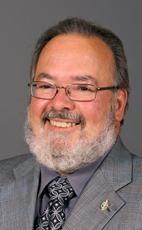Mr. Speaker, my colleague is right in saying that it is all the same and that these two parties have concocted it, if you will. My colleague for Rosemont—La Petite-Patrie gave a brilliant speech on the specifics of this bill.
My colleague knows perfectly well that in developing countries such as Colombia, where the people are poor but the country is rich, the only way for the people to have real power and development is through their government institutions, their government and the people they elect.
By signing the free trade agreement with Colombia, by including a provision similar to NAFTA's chapter 11—which gives real power not to the people, not to the government institutions, not to the public representatives but first and foremost to investors—and by allowing investors to go back to the government at any time to obtain financial compensation, the Canadian government will weaken the government in power to such an extent that we can truly speak of exploitation and colonization.
I would like to hear what my colleague has to say about that.

